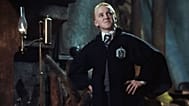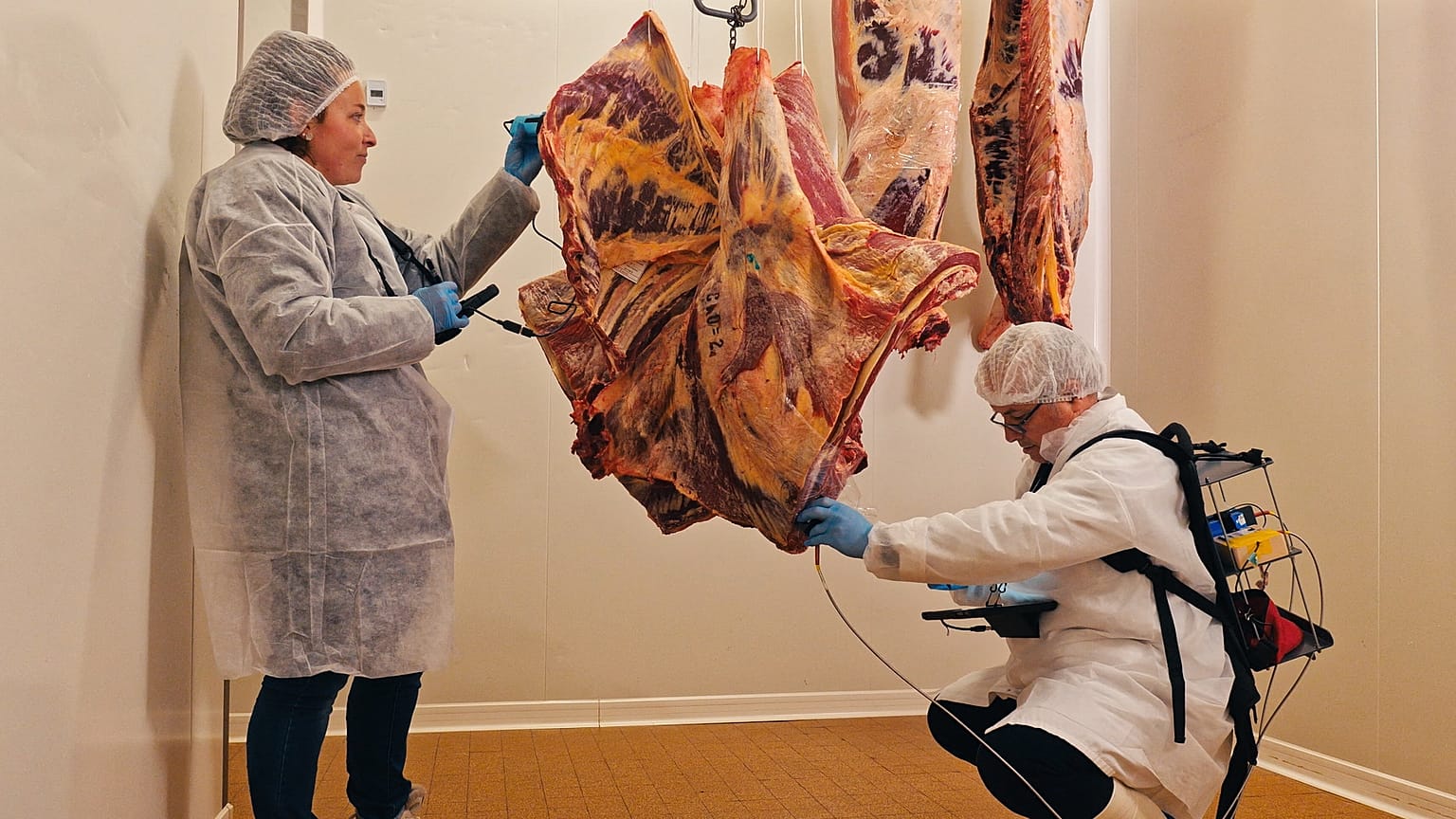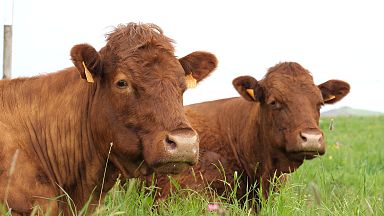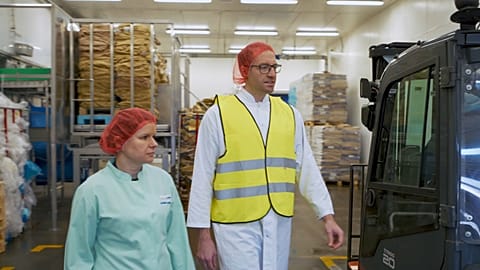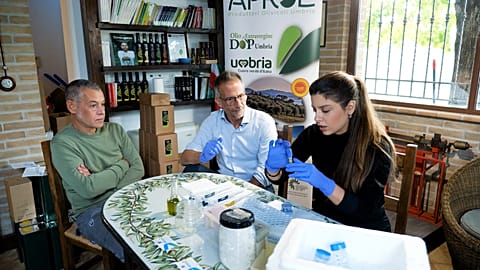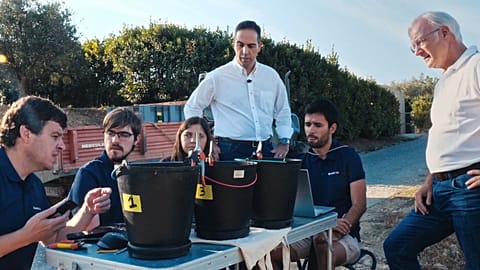Europe's top food safety experts are joining forces to crack down on fraud. Euronews is following them in this special series called The Food Detectives. In Episode 2, meet the team beating fraud from the farm to the butcher.
There are allegations of food fraud in Europe every month, and meat is one of the main focus areas of concern, as products could be mislabelled, adulterated, or modified in some way. To help authorities better beat fraud and improve traceability and transparency, The Food Detectives are developing a series of new tools and techniques.
The innovation starts where the food chain begins, on the farm. In the rural Auvergne region of France, Donato Andueza from the French agricultural research organisation INRAE has created a portable backpack-style device capable of indicating whether beef carcasses came from animals raised on grass alone.
"The cheat could mean trying to pass off animals fed by production systems using grain, concentrates and straw as animals that are fed on grass in idyllic conditions," he explains.
At the moment, finding fraud involves costly and time-consuming farm inspections, but now Donato and his team have developed a system that uses infrared light to quickly check if beef was grass-fed.
It does so by verifying the colour of the meat using infrared spectroscopy. Once the chemical composition of the meat is known, it's possible to deduce how the animal was fed.
He expects the device to be deployed in abattoirs, but also by butchers and supermarkets.
Meanwhile, in the picturesque city of Bayreuth in Bavaria, Andreas Römpp is combating fraud in which chicken is injected with liquids that imitate the properties of the meat. These German Food Detectives have developed a technique to identify the cheats.
"In our device, we irradiate the samples with a laser that scans over the samples and can therefore analyse the composition of the material. We combine these individual spectra to form an image and can compare these distributions from the mass spectrometer with the optical images," he explains.
This approach is a reliable way to identify suspect chicken, although some cases do get past authorities. In some cases, the producer is prosecuted.
In such legal situations, certainty is key, so the Food Detectives at the Max Rubner Institute in Kulmbach are developing ultra-precise techniques to analyse meat.
That means scrutinising samples at a molecular-level, to be much more accurate than rapid tests, that can even lead to false accusations of fraud.
"If a method is not accurate and has an error rate of 25 per cent, this not only means that falsified samples are not recognised, but perhaps the even bigger problem is that an unadulterated sample is presented as falsified. That's why accuracy is so important," Dagmar concludes.
Euronews creates The Food Detectives
The Food Detectives series follows the research within the EU's Watson project, funded by the Horizon Europe programme. Euronews is a member of the Watson project consortium, alongside 46 other EU and non-EU partners from industry and academia. Watson aims to give food safety authorities better tools to detect and prevent food fraud.
Join us for The Food Detectives LIVE EVENT on the Euronews YouTube channel on Thursday 27th November at 17.00 direct from Brussels.



